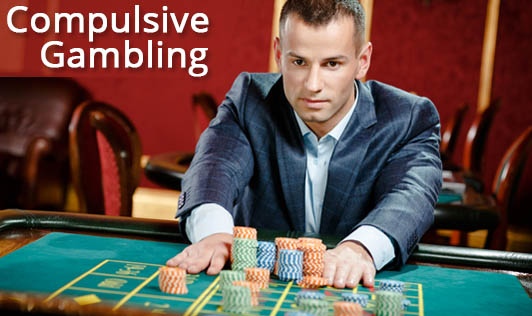Compulsive Gambling
- 59 months ago
This is an impulse-control disorder in which a person has an uncontrollable urge to gamble despite the toll it takes on one's life. Compulsive gamblers keep gambling even when they're broke, happy or depressed. Compulsive gambling affects about 2% to 4% of the population and usually begins in the late teen years.
The signs and symptoms of compulsive gambling include:
• Gambling as a way to flee from problems or feelings of guilt and depression
• Gaining pleasure from taking big gambling risks
• Reliving past gambling experiences
• Taking time out from family and work to gamble
• Borrowing or stealing money to gamble
• Making several unsuccessful attempts to cut back or quit gambling
• Lying about the money or time spent on gambling
The exact cause of compulsive gambling isn't well understood. But this may be a result from a combination of genetic, biological and environmental factors. Possible complications of compulsive gambling include:
• Depression
• Anxiety
• Relationship, financial or legal problems
• Suicide attempts
• Job loss
When to see a doctor?
Denial is a common characteristic of compulsive or addictive behaviour and hence it may be tricky for you to identify that you have a problem and need treatment. If you or a loved one is addicted to gambling, please see your doctor to avoid any further complications in your life.




